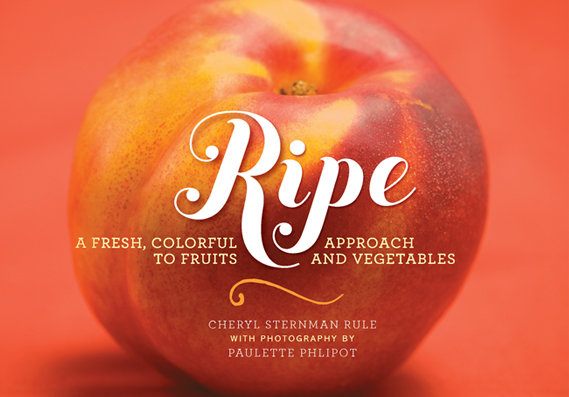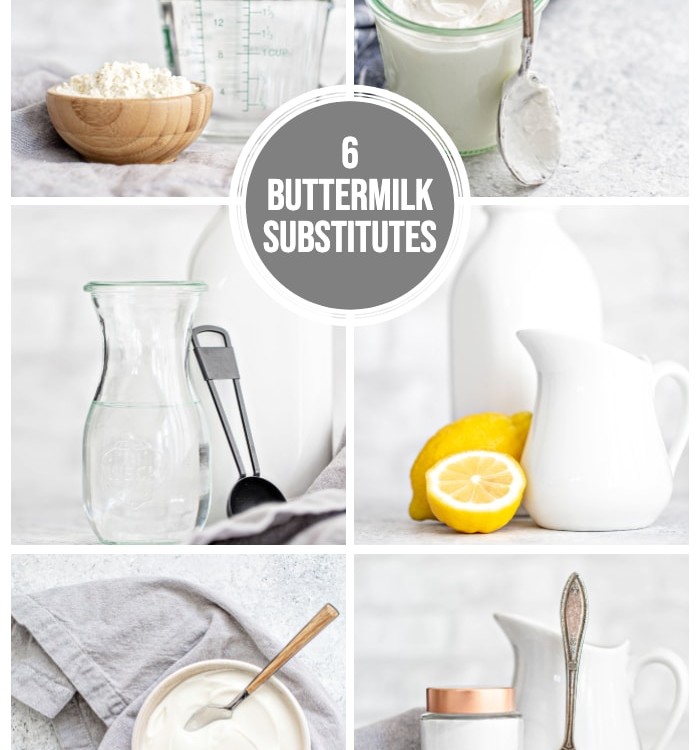Follow-up Interview with MyRecipes.com
1. My daughter isn’t a huge fan of milk and quite honestly neither am I. What are some other foods/beverages that you would recommend to make sure we are both getting a good amount of calcium and other nutrients found in milk?
If you aren’t a fan of milk but your tummy can tolerate dairy products, 2 excellent sources of calcium are low-fat yogurt and cheese. Both of these provide large amounts of protein, calcium, and in some cases, vitamin D. One option you may not have considered is flavored milk such as chocolate or strawberry. Choose the low-fat variety and enjoy as a snack or with a meal. These do have a little added sugar but for the benefits that will be delivered, it is worth it!
If dairy isn’t your thing or you just want other options, try some plant-based sources of calcium like soybeans, broccoli, kale, and okra. Other foods include calcium-fortified soy milk and juice. Check out this story for even more non-dairy ideas for calcium: Calcium Confidential: Secret Sources.
2. Looking for the ideal snack(s): quick, easy, cheap, and energizing. I wish I could send my husband to work with something to keep him feeling good throughout the day.
Check out these snack recipes. They have suggestions for snacks under 100 calories, quick snack mixes (good source of carbs, fiber, protein, and fat), smart snacks for kids, and suggestions on snacking. Enjoy!!
3. I am frequently anemic – the iron kind. What foods are high in iron but don’t cost a fortune to add to my shopping list?
My first suggestion would be to speak with your doctor to make sure you don’t need iron supplements. Even if you do, he/she will most likely recommend a diet high in iron-rich foods.
Just a little iron background…There are two types of iron, heme and non-heme. Heme iron is found in animal sources like red meat, egg yolks, turkey, and mollusks (oysters, scallops, and clams). This type of iron is more readily absorbed by the body. Non-heme iron makes up about 85-90% of the iron we eat but only 2-20% of that is absorbed. Find it in dark leafy greens like spinach, as well as canned beans, dried fruit, and fortified foods like oatmeal and OJ.
Pair non-heme iron with vitamin C-rich foods like citrus or with meat-based sources of iron (heme iron) to increase the body’s ability to absorb this type of iron.
Some good recipes:
- Grilled Pork Roast with Fruit Compote
- Jerk Pork Tenderloin with Pineapple-Plum Relish
- Grilled Chicken with Fruit Salsa
- Seared Scallops with Warm Fruit Salsa
- Marinated Salmon with Mango-Kiwi Relish
4. I am having a hard time finding cooked vegetables that my children will eat. They do eat about three serving of fresh fruit a day but is that enough?
Three servings of fresh fruit per day is excellent but it is important to work veggies into the diet to make sure your children are getting all of the important vitamins and minerals.
The Dietary Guidelines suggest that children between the ages of 2 and 6 years eat 3 servings of vegetables and 2 servings of fruit per day. Children older than 6 should aim to eat 4 servings of vegetables per day and 3 servings of fruit. This site will give you more info for what counts as a serving.
If your kids don’t enjoy munching on carrots with dip or hummus or baked sweet potato fries, try adding the veggies to some of their favorite foods like macaroni and cheese or spaghetti. Or, invite your children into the kitchen to help you cook. Let them shuck corn or wash potatoes. Involving the children will make them more likely to want to taste what they created. Good luck!!
Here’s a link to many of our favorite kid-friendly recipes.
5. Can you recommend any quick and easy recipes for those who have a gluten allergy?
We have over 1000 gluten-free recipes on MyRecipes.com.
This recipe collection should be able to help (features appetizers, soups, desserts, etc. as well as videos): Gluten-Free Diet
6. What is an acceptable substitute for recipes that call for sour cream or yogurt?
For recipes that call for sour cream, my first suggestion would be to substitute with plain Greek yogurt (especially for a dip, marinade, baked potato topping, etc.) and vice versa.
Some other substitutes that I have seen before but probably depends on your cooking application include…
For sour cream:
1 Tbsp lemon juice/vinegar plus enough cream to make 1 cup -OR-
3/4 cup buttermilk mixed with 1/3 cup butter
Websites with helpful sour cream subs:
For yogurt: Substitute 1 cup buttermilk, 1 cup sour milk, or 1 cup blended cottage cheese











Maria says
Very informative post! Thanks!